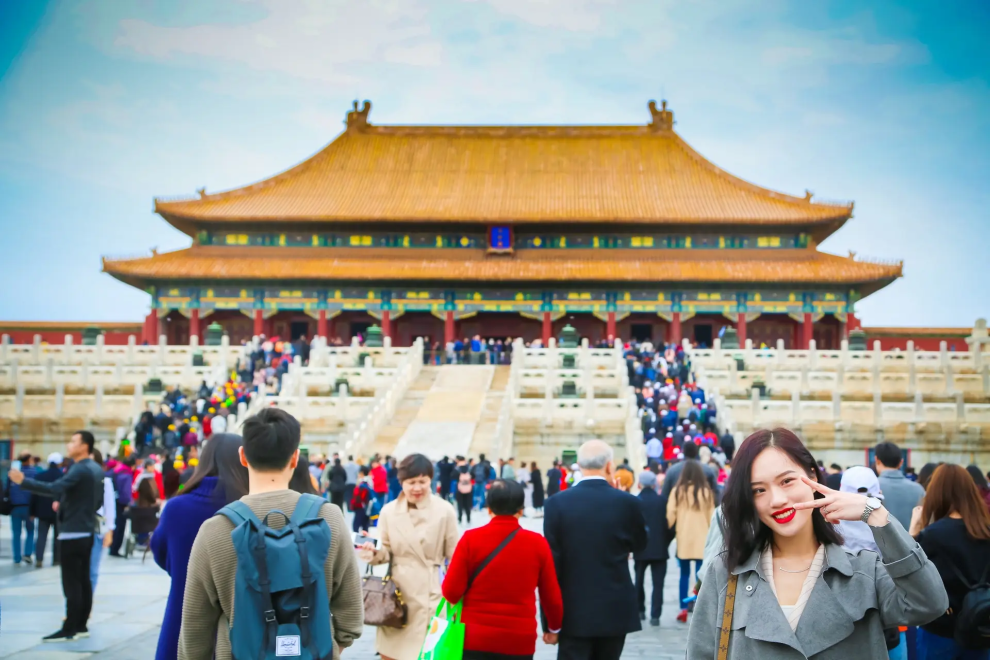You can call it the “White Lotus” effect.
Wealthy Americans lured by the strength of the dollar are booking European destination holidays.
In the three months following the Sicily-set HBO black-comedy series, average US Google travel searches for Italy more than doubled, according to Google statistics.
It’s all part of the travel sector’s slow-moving pandemic rebound.
The United Nations’ World Tourism Organization estimates that by the end of 2022, international tourism recovered 63% of its pre-pandemic levels.
The return has been particularly strong in Europe, which nearly topped 80% of its pre-pandemic levels with some 585 million arrivals in 2022. And global sales of sun-and-sea packages rose 75% in 2022 to almost $69 billion, according to the World Travel and Tourism Council.
The sector is worth paying attention to because it’s an important bellwether for the health of the global economy.
Prior to the pandemic, travel and tourism was valued at $9.6 trillion or 11% of total global gross domestic product and accounted for one fourth of all new jobs created across the world.
Now, travel-industry watchers are eyeing how the end of China’s Covid Zero restrictions will impact key tourism hubs that have struggled during the pandemic.
In 2019, Chinese travelers commanded the world’s largest share of outbound tourists and contributed some $250 billion to the global economy.
This year, Chinese travelers are projected to take 110 million international trips, which is equal to about two-thirds of pre-pandemic levels, according to the China Outbound Tourism Research Institute.
Read more: China’s Reopening Is the Boost the Flagging World Economy Needs
And the impact of the Chinese Lunar New Year holiday is already beginning to surface. Consider the following data points:
Macau’s casinos saw gaming revenue surge in January as the week-long Lunar New Year break sparked an influx of visitors to the gambling hub.
Japan saw a major tourism bump in December as foreign travel spending rose 453% versus the same period a year prior.
Likewise, South Korea foreign travel spending rose 26% in December $1.1 billion.
A Chinese travel rebound is also good news for emerging markets where tourism has an outsized impact on their overall economic stability.
That’s especially true a time when the International Monetary Fund estimates some 60% of low-income developing countries are already at high risk of or in debt distress.
Bon voyage!
—Bryce Baschuk in Geneva
Charted Territory
Australian coal to China
An Australian metallurgical coal cargo has arrived in Chinese waters
Thawing relations | The first Australian coal shipment to China in more than two years is on the verge of docking, signaling hard evidence of a major thaw in trade relations between the two countries following months of diplomatic talks.
Bulk carrier Magic Eclipse was anchored off the southern port city of Zhanjiang on Thursday morning, according to Bloomberg shipping data. It’s carrying metallurgical coal mined in Australia and destined for the Chinese market. Zhanjiang is a center for steel production in China.
China placed informal restrictions on the use of Australian coal in 2020, after then-Australian Prime Minister Scott Morrison called for an international investigation into the origins of Covid-19 in Wuhan.
Source: bloomberg






































